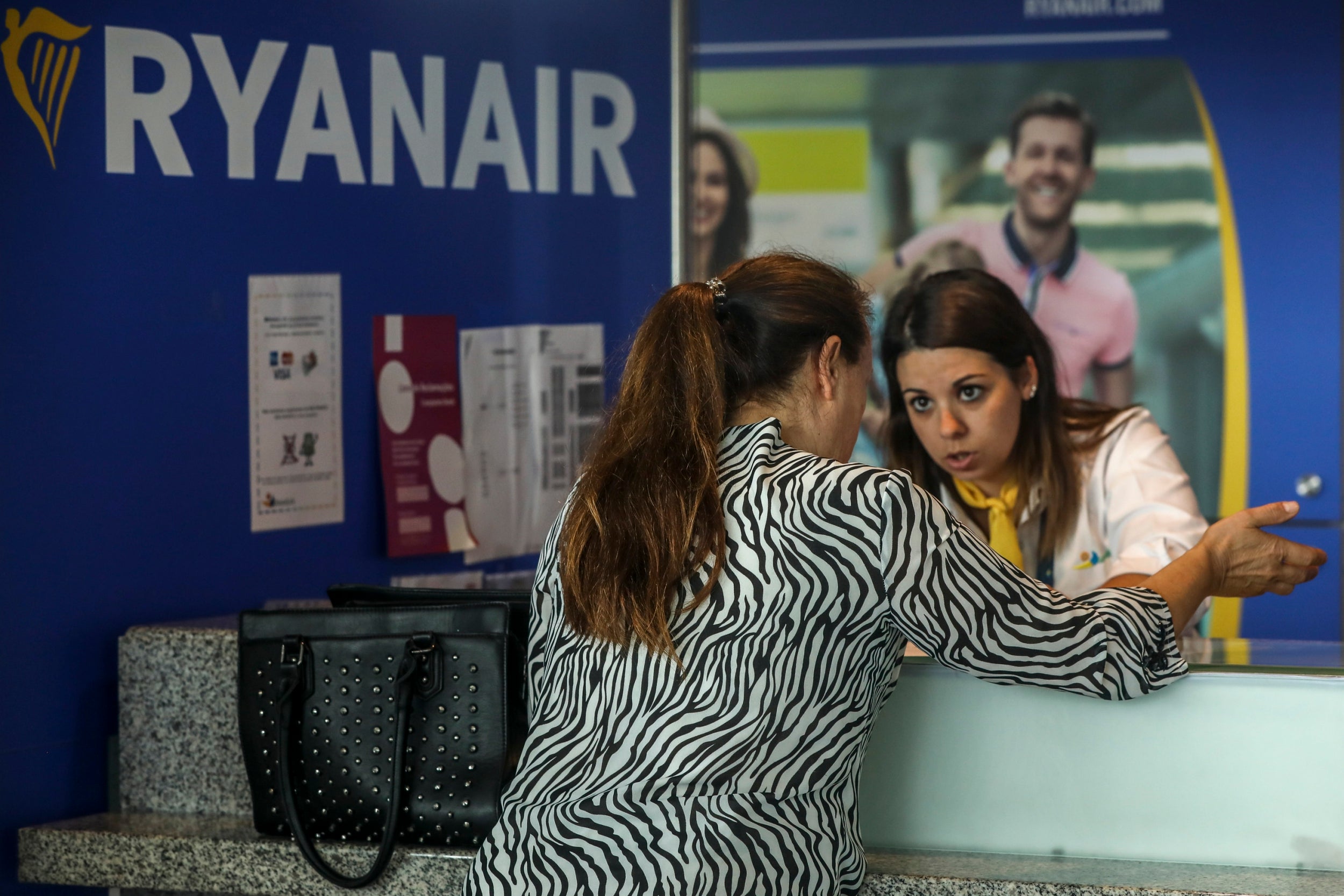Ryanair rips up the rule-book for airline industrial action
'Ryanair needs a wake up call and a strike in the Netherlands might be the only solution,' says the Dutch pilots' union

The Dutch Airline Pilots’ Association celebrates its 90th birthday next year. The Netherlands pilots’ union has a long and proud history of fighting for the rights of flight crew. But in nine decades it has never faced an opponent like Ryanair.
Its members who work for the Irish airline want to be employed according to Dutch employment law. They demand an end to what they call “bogus self-employment”. And they are seeking improved sick pay and pension provisions.
In a vote on strike action, 99.5 per cent were in favour.
”Ryanair needs a ‘wake up call’ and a strike in the Netherlands might be the only solution,” the union said after the vote.
The airline has recognised trades unions only since December 2017, and since then has not followed the traditional approach to industrial relations in the aviation world.
Conventionally, carriers do all they can to avoid even the hint of a possible strike: merely a vote for industrial action is enough to persuade prospective passengers to switch to alternative airlines.
But Ryanair appears intent on confronting unions across Europe, knowing that it has a very strong financial and market position, and can withstand industrial action more successfully than its rivals.
Tucked away on page 12 of little-noticed filing to the US Securities and Exchange Commission, submitted 10 days ago, is clear evidence of the airline’s industrial relations strategy.
“There may be a push for legacy-type working conditions which if acceded to could decrease the productivity of pilots, increase costs and have an adverse effect on profitability,” says Ryanair. In other words: “If you think we’re going to give you terms like Lufthansa, Air France and the like, forget it.”
The airline looks prepared to take all the flak that comes with a refusal to compromise: “Ryanair intends to retain its low-fare/high people productivity model; however, there may be periods of labour unrest as unions challenge the existing high productivity model which may have an adverse effect on customer sentiment and profitability.”
Some measure of “customer sentiment” is provided by Twitter, on which Carl from Norwich wrote: “This company is finished surely? How can anyone book in the future and be assured they will actually reach their destination?”
And profitability? If Karl Billington’s tweet is representative, it is already being hit: “Trying to find some cheap flights for spring 2019, Ryanair have good flights, good locations at good times and dates etc, basically what I need but haven't booked because simply can't be relied up.
“They are finished, their union stance will kill them.”
On the worst day of strikes in its history, 10 August 2018, Ryanair is cancelling 400 flights, affecting 72,000 passengers. But such is the scale of the airline that five out of six passengers that day will fly as planned.
Ryanair is relying on its size and its fares to see it through the rest of a tumultuous summer and what could be a long, cold winter in what looks increasingly like a war of attrition against the established aviation order.
Subscribe to Independent Premium to bookmark this article
Want to bookmark your favourite articles and stories to read or reference later? Start your Independent Premium subscription today.

Join our commenting forum
Join thought-provoking conversations, follow other Independent readers and see their replies